Peanut butter is a daily kitchen condiment, everybody knows that. As I do feel that you might not know peanut butter will bring significant advantage inside your health specifically when you're reducing weight. But don’t be hurry to enjoy it. You’d much better to be aware of the type of peanut butter you use in your diet does make a difference prior to deciding to add it to your recipe.
Most Regular peanut butter that sells in supermarket or contains additives, preservatives, salt and added sugar. But If you browse the label, most will declare that regular peanut butter contains no trans fats eventhough it is equipped with it. While when you look at the label, you’ll see that it has ‘partially hydrogenated oil’ listed. How does these peanut butters list no trans fat when it’s an ingredient? This is because The FDA allows it because it’s less than a specific amount.
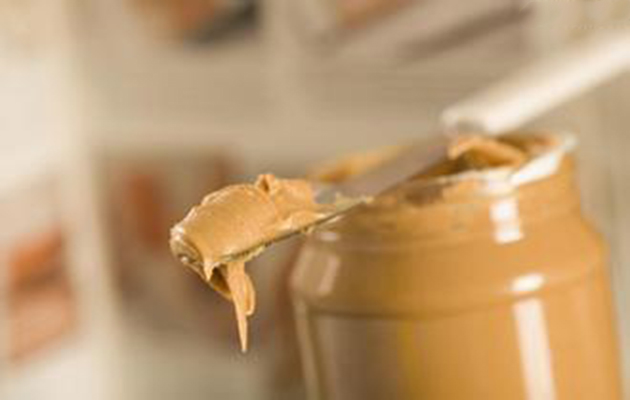
What’s the Meaning of trans fats and what’s it’s effect your healthy condition? While this trans fats may increase your risk of developing heart disease. ‘Cause a lot of these fats begin as a liquid but they are changed to some solid form inside the peanut butter. But natural peanut butter doesn’t have any of your preservatives or additives. The ingredients listed on one category of natural peanut butter are peanuts and salt. Any time you open a jar of natural peanut butter, you’ll see liquid oil floating on the top, even though it might look odd, this isn’t bad for you in the least bit.
Peanut butter is around 75% - 80% unsaturated fats, that is beneficial to your heart. (That percentage is among the same as olive oil.) It also contains vitamins and minerals, including vitamin E and potassium-and even a bit of fiber. It's not only heart healthy, but the protein and fat in peanut butter will assist keep you feeling full-always a plus when you’re attempting to lose weight.
Peanut do not just use in kitchen and cooking, Nowadays you can include peanut butter for your daily diet in several ways other than the way you remember eating it growing up. Such as add natural peanut butter to fruit or put it on crackers and so on.
Don’t Go Too Nutty Though However you decide to add peanut butter to your diet, make sure you don’t take it to the extreme. Get out the measuring spoon and measure out a 1 tablespoon serving (approximately 90 calories). Like any food, peanut butter is best used in conjunction with weight loss when you practice portion control.
Although peanut butter bring you lots of benefit, you should also make sure that you don’t take it to extreme. As an old saying goes, “keep proper quantity to maximize benefits.


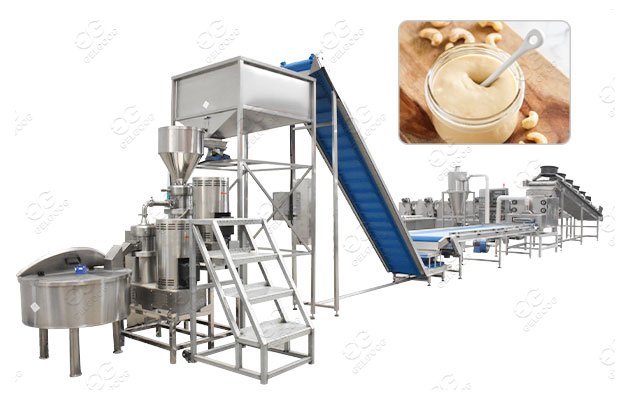
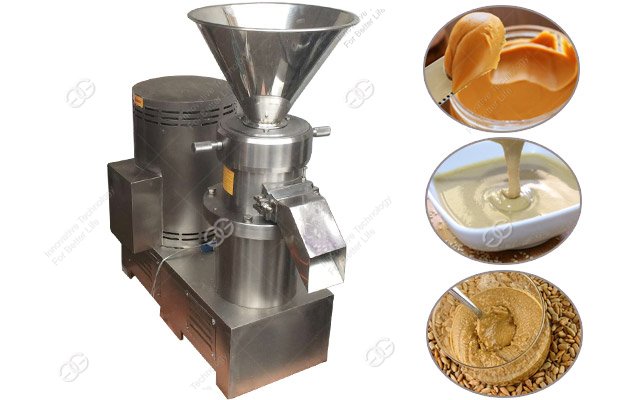
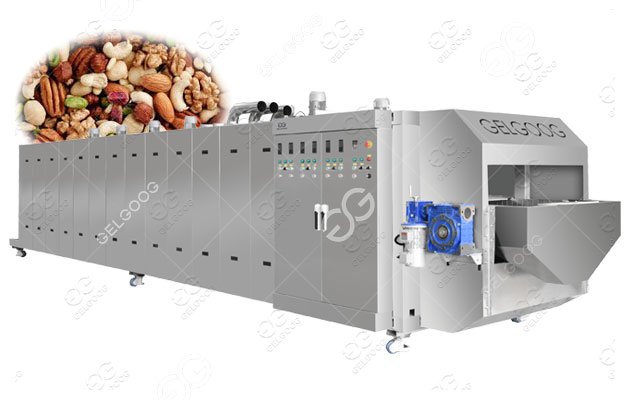
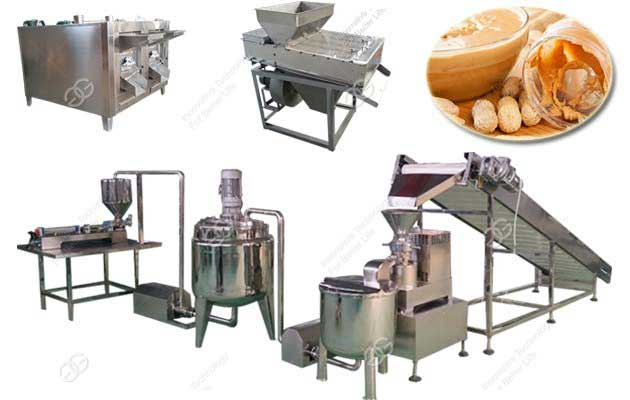
Jun 08,2016